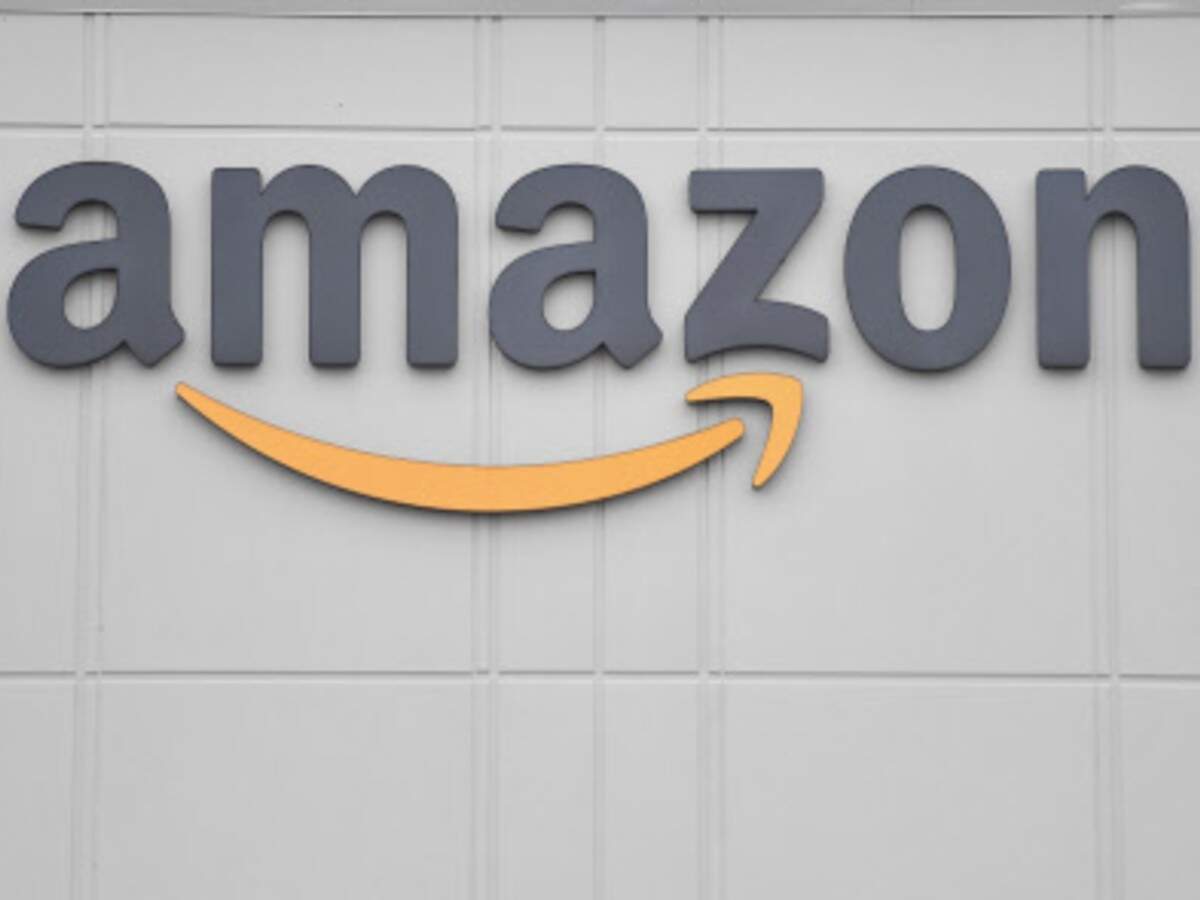
Amazon has reiterated its focus on digitising micro, small and medium-sized businesses in India and said it was launching new features to support these efforts.
This comes at a time when large players such as Reliance Industries’ JioMart and Walmart-owned e-commerce company Flipkart are also stepping up on onboarding neighbourhood stores to build more hyperlocal supply chains for their e-tail businesses.
The focus on small businesses comes amid criticism by third-party sellers accusing it of using their data to undercut on prices and helping its own brands.
On Wednesday, Amazon founder and CEO Jeff Bezos told US Congress as part of an ongoing antitrust investigation into Big Tech that he could not guarantee that Amazon had not violated a policy of not using third-party seller data to develop its own products.
ET reported on Friday how Indian third-party sellers had raised similar concerns.
“…we’re really focused on digitizing the Indian sellers,” said David Fildes, Director of Investor Relations at Amazon. “We launched some new features there to help support the digitization efforts with some of those brands and just a lot of work, great work being done by that team.”
On Thursday, the US-based e-tailer reported its highest-ever quarterly profit — $5.2 billion — in the three months ended June 30. Amazon told analysts — who wanted guidance on how the company would deploy its record profits — that it was investing a lot in new countries, with India being the biggest one.
The company has in the last seven years committed to invest $6.5 billion in India.
Read: Jeff Bezos says he can’t guarantee Amazon hasn’t used third-party seller data
Amazon CFO Brian Olsavsky, however, said it was not necessarily accelerating its investments in any particular segment, apart from growing operations. He did not share details of country-wise investments, including in India.
“I don’t think it’s a matter of necessarily accelerating investment or – we’re always looking for new investments that make sense to us. But during this time, I would say we’ve actually accelerated our ops investment,” said Olsavsky, adding that Amazon had expanded its grocery delivery capacity ahead of schedule.
The surge in Amazon’s business, which is believed to be on account of the Covid-19 pandemic and customers choosing to order products from the safety of their homes globally, helped it grow revenues by 40% to $88.9 billion during the second quarter.
Bezos called it “another highly unusual quarter”.
The company, in the previous quarter, said it was looking to spend as much as $4 billion in cash globally during the second quarter for its Covid-19 response, guiding that this would hurt profitability.
However, news of record profits, sent Amazon’s stock soaring by 5% in after-hours trading.
Amazon did not reveal numbers on the recovery of its India business. In the last quarter, it had said was the hardest hit among all its businesses due to the strict government-imposed lockdowns.
However, analysts have said that India’s e-commerce market has largely recovered its gross merchandise value of goods sold to pre-Covid-19 levels in July.
E-commerce sales volumes in India could be as high as 120-130% in July compared to sales in February, while the value of goods sold is 90-100%, analysts and industry watchers have told ET.
Also read: Sellers flag Amazon’s data policy, say firm pushing in-house brands
Leave a Reply